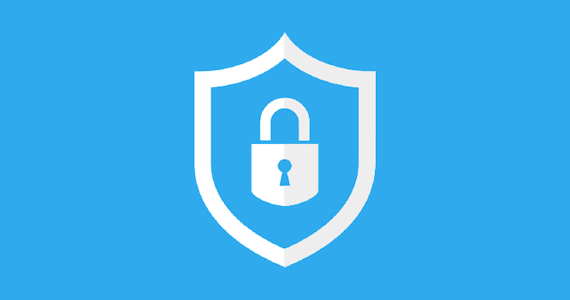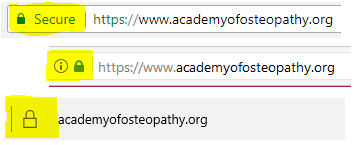
All websites in Marketpath CMS receive free SSL certificates for all domains and sub-domains. Marketpath partners with Let's Encrypt to automate the provisioning and installation of certificates so site admins don't have to lift a finger.
SSL (Secure Sockets Layer) is the standard security technology for establishing an encrypted link between a web server and a browser. This link ensures that all data passed between the web server and browsers remain private - encrypted data vs. data sent as plain text . SSL is an industry standard for security and is used by millions of websites to protect customer transactions. Any site that utilizes SSL will use the HTTPS protocol, which is the secure version of HTTP protocol (the “S” stands for “secure” but you probably guessed that!).
An SSL certificate on your website is important for the following reasons:
Website data transfers between servers will be safer and more secure, with less chance of interception. This is especially true if you accept credit card information via your site, as sensitive data like credit card numbers and personal information will need to be encrypted. In this case, you definitely need an SSL certificate to secure the credit card data as it is transferred. In fact, SSL is required for Payment Card Industry (PCI) compliance.
In addition to online transactions, SSL encryption is critical for protecting sites with password protected areas and sites that collect client data via web forms. A few years ago, most industry experts would have said that only ecommerce websites or sites that collected personal data (social security numbers, financial information, etc.) needed SSL. But with the proliferation of nefarious actors (i.e hackers), it is now recommended for most, if not all sites.
Even if your website isn’t collecting data, having an SSL certificate still adds value for your organization. More and more people are worried about hacked websites, infected sites, and other types of cyber security - if they don’t see your site is secure, they will be less likely to trust your site and your business. Seeing that your site is secure, will make visitors feel that their information is safe, providing credibility for you.
Although having SSL encryption can’t guarantee you won’t be hacked, it definitely makes it less likely and provides some level of comfort for those using your site. And if your site isn’t secure, the opposite effect could happen. In 2016 Google announced Google Chrome would visually alert users when a site is not secured with an SSL certificate.
Finally, having an SSL certificate and HTTPS will also benefit your site’s search engine optimization (SEO). For years now, Google uses SSL and HTTPS as a ranking factor in their search algorithm, and since then they have made continual recommendations encouraging web developers and admins to secure their sites. Now, over 80% of sites use HTTPS and the majority of Google’s page one results feature secure sites.
If you're using Marketpath CMS, your site is secure. We redirect all insecure HTTP requests to HTTPS. If you don't use Marktepath CMS, simply take a look at the URL of the website. If it begins with “https” instead of “http” it means the site is secured using an SSL Certificate (for some browsers you have to click into the address bar to see this).
You can also look for a lock symbol or combination of the lock and the word “Secure”, depending on which browser you are using - look to the left of the URL in your browser. Below are examples from Chrome, FireFox, Safari, and Microsoft Edge.

Additionally, you can use a free SSL Checker Tool, like www.sslshopper.com, to confirm your site has a secure SSL certificate and is installed correctly.
Marketpath CMS clients get the added benefit of doing nothing because every single domain and sub-domain automatically receives a domain-validated SSL certificate. In the past, clients would pay around $150/year to 3rd party SSL providers and then a provisioning and installation fee! Lastly, Marketpath's technical staff are much more sane and friendly because very few people enjoy dealing with manual SSL certificate installations.
If you have additional questions about SSL, or need assistance with any website, SEO, or digital marketing issue, please contact us today.